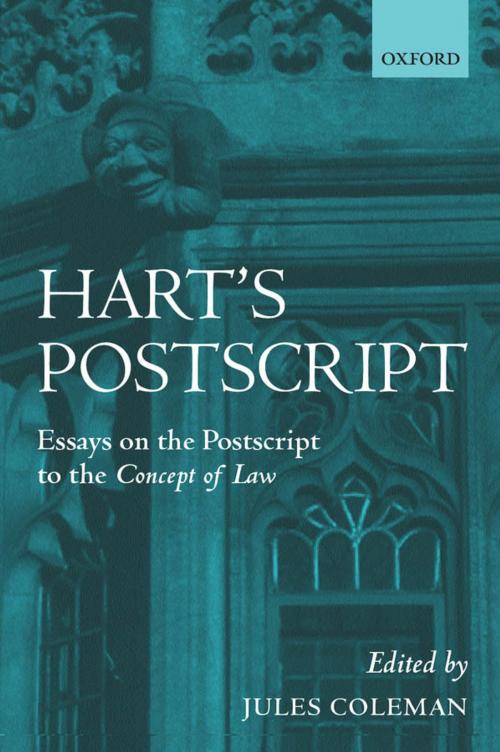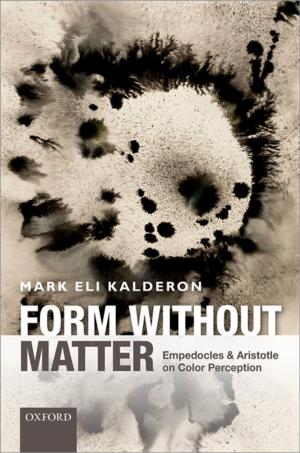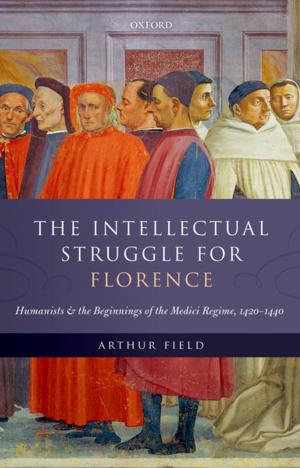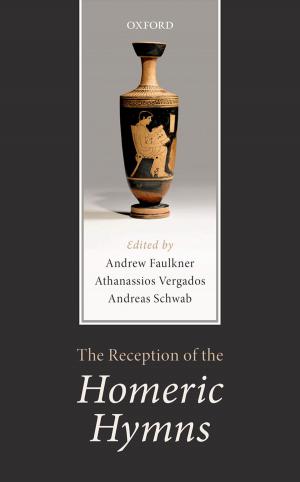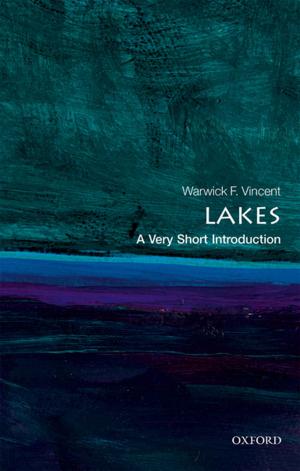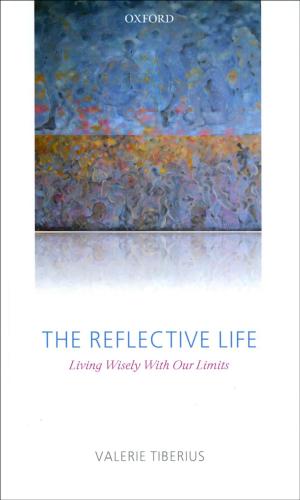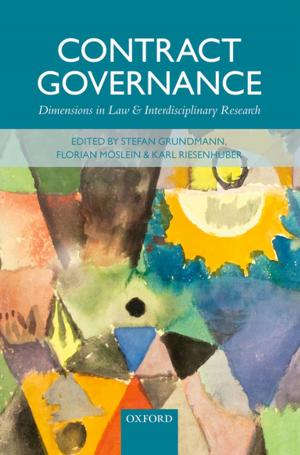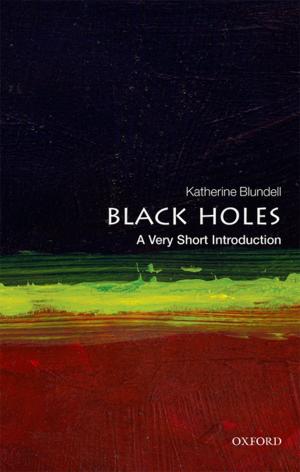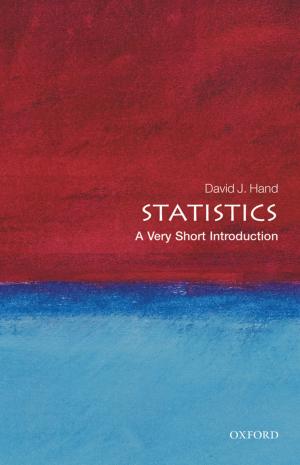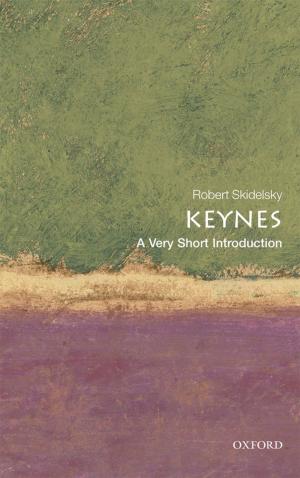Hart's Postscript
Essays on the Postscript to `The Concept of Law'
Nonfiction, Reference & Language, Law, Jurisprudence, Religion & Spirituality, Philosophy| Author: | ISBN: | 9780191018794 | |
| Publisher: | OUP Oxford | Publication: | May 31, 2001 |
| Imprint: | OUP Oxford | Language: | English |
| Author: | |
| ISBN: | 9780191018794 |
| Publisher: | OUP Oxford |
| Publication: | May 31, 2001 |
| Imprint: | OUP Oxford |
| Language: | English |
Published posthumously, the second edition of The Concept of Law contains one important addition to the first edition, a substantial Postscript, in which Hart reflects upon some of the central concerns that have been expressed about the book since its publication in 1961. The Postscript is especially noteworthy because it contains Hart's only sustained response to the objections pressed by his foremost critic, Ronald Dworkin, who succeeded him to the Chair of Jurisprudence at Oxford. The Postscript focuses on a range of issues covering both Hart's substantive view and his methodological commitments. In particular, Hart endorses Inclusive Legal Positivism, asserts that his is a methodology of descriptive jurisprudence which he contrasts with Dworkin's normative jurisprudence or interpretivism, while denying that his theory of law has a semantic underpinning. The essays in this collection address each of these issues in a sustained way. The book contains discussions of Hart's semantic commitments, his rejection of a normative jurisprudence as well as the extent to which he can embrace Inclusive Legal Positivism in a way that is consistent with his other stated positions. The book's contributors include the leading advocates of alternative schools of Positivist jurisprudence, important contributors to the methodogical disputes in jurisprudence and noted experts on the relationship of philosophy of language to jurisprudence. Among the contributors of note are: Joseph Raz, Jules L. Coleman, Stephen Perry , Brian Leiter, Scott Shapiro and Andrei Marmor.
Published posthumously, the second edition of The Concept of Law contains one important addition to the first edition, a substantial Postscript, in which Hart reflects upon some of the central concerns that have been expressed about the book since its publication in 1961. The Postscript is especially noteworthy because it contains Hart's only sustained response to the objections pressed by his foremost critic, Ronald Dworkin, who succeeded him to the Chair of Jurisprudence at Oxford. The Postscript focuses on a range of issues covering both Hart's substantive view and his methodological commitments. In particular, Hart endorses Inclusive Legal Positivism, asserts that his is a methodology of descriptive jurisprudence which he contrasts with Dworkin's normative jurisprudence or interpretivism, while denying that his theory of law has a semantic underpinning. The essays in this collection address each of these issues in a sustained way. The book contains discussions of Hart's semantic commitments, his rejection of a normative jurisprudence as well as the extent to which he can embrace Inclusive Legal Positivism in a way that is consistent with his other stated positions. The book's contributors include the leading advocates of alternative schools of Positivist jurisprudence, important contributors to the methodogical disputes in jurisprudence and noted experts on the relationship of philosophy of language to jurisprudence. Among the contributors of note are: Joseph Raz, Jules L. Coleman, Stephen Perry , Brian Leiter, Scott Shapiro and Andrei Marmor.
